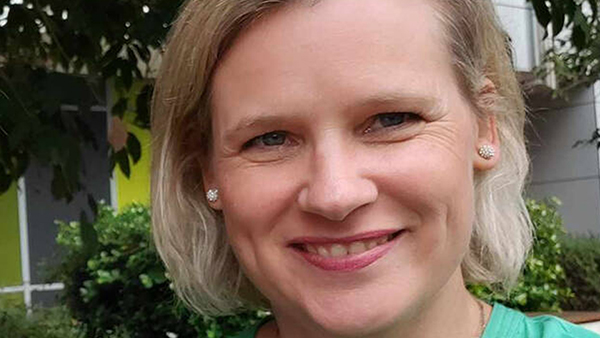
While most people are aware of how important it is to have a Will when they die, what’s less well known, but possibly more important, is having an advance care plan.
An advance care plan can help ensure that you receive the care and treatment that is important to you, and ensure your wishes are respected.
Sunshine Coast Hospital and Health Service (SCHHS) End of Life Program Manager Wendy Kinton said there was a disconnect between what people think they should do to prepare for the end of life, and they action they take, and would like to shine a light on the subject, this Advance Care Planning Week: 21-27 March.
“We spend a lot of time planning for the other big events in our lives such as weddings or the birth of a child, but many Australians are still not comfortable talking to their family or doctors about their wishes if they were to become seriously unwell.”
“It is important to have the conversation with family and close friends, and it’s also very helpful to have your wishes in writing.”
“We want to help people prepare for a time when they may be too sick to speak for themselves because none of us want a scenario where our families and doctors are left to make tough decisions. Advance care planning (ACP) can give everyone a voice so your health care remains your choice, regardless of what the future brings,”
“Families and clinicians want to make decisions with confidence that this would be what the person wants. These discussions make it much more likely your end of life wishes come true.”
An Advance Health Directive, Statement of Choices and Enduring Power of Attorney are forms that lead people through that communication.
Since 2016, the Office of ACP has received more than 7000 ACP documents from Sunshine Coast Hospital and Health Service.
“These documents should then be shared with your family and anyone else who may be involved in your care, including your team at our health service or the Queensland Statewide Office of Advance Care Planning.”
If you have been intending to find out more about advance care planning and completing one of the forms, National Advance Care Planning Week is an excellent opportunity to find out more about this important health topic.
The My Care, My Choices Advance Care Planning website and www.acpweek.org.au are great sources of information on ACP, advice on completing ACP documents and resources to help guide people’s planning process.
“It might be frightening of confronting to talk about to start with. Bring your family and friends together around the table, put the kettle on and talk about what’s most important to you. Write down your wishes and get back to the business of living.”